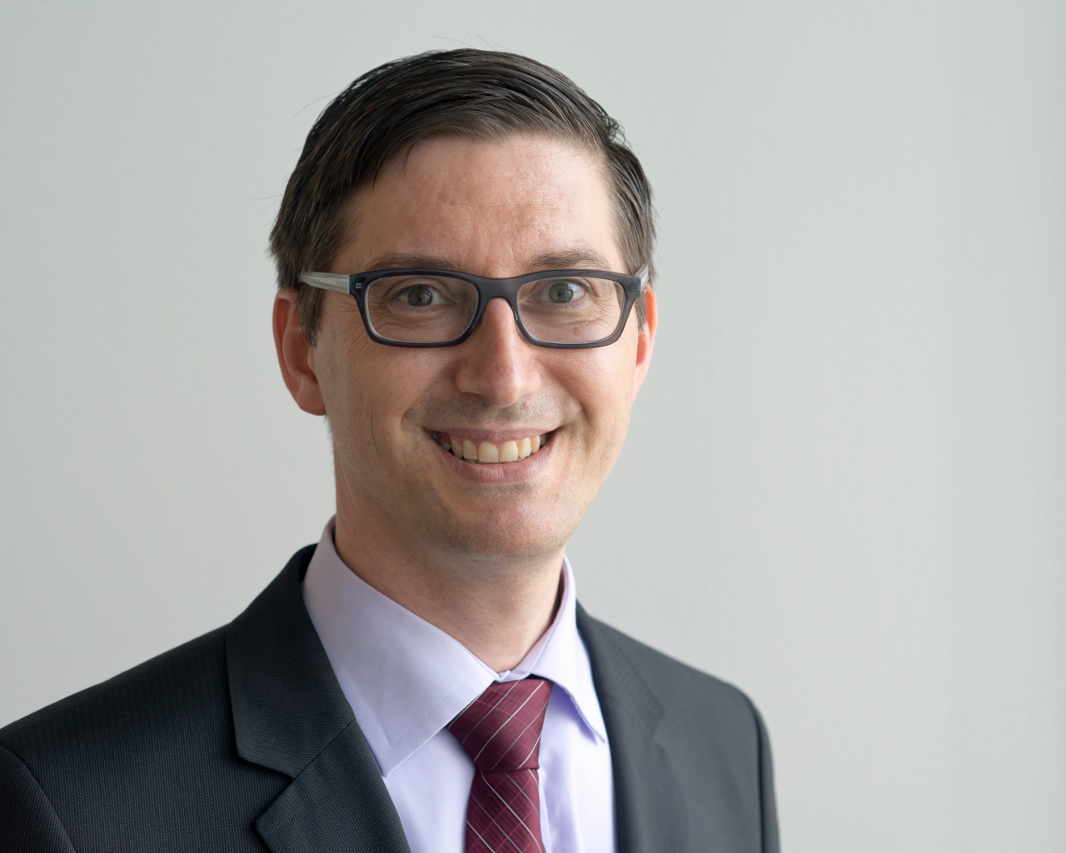Program
The annual meeting will begin on Monday, September 24 at 13:00. The program will start at 13:45. On Wednesday, September 26 the program will end at 12:00.
All lectures will talke place in the lecture hall MA 041 on the ground floor of the Institute of Mathematics, TU Berlin, Straße des 17. Juni 136, 10623 Berlin .
Every regular talk gets a 30 minutes slot (including the time for questions).
Monday, September 24, 2018
| 13:00 - 13:45 | Registration |
|---|---|
| 13:45 - 14:00 | Welcome |
| 14:00 - 15:00 | Mosaics in Big Data - Stratosphere, Apache Flink, and Beyond Invited |
| 15:00 - 15:30 | New Algorithms for Support Vector Clustering Kernelization for Big Data |
| 15:30 - 16:00 | |
| 16:00 - 16:30 | Graph-Based Methods
for Rational Drug Design Graph-Based Methods for Rational Drug Design |
| 16:30 - 17:00 | Sketching Product
Forms, and Remarks on Metagenome Assembly Algorithmic Foundation of Genome Assembly |
Tuesday, September 25, 2018
| 9:30 - 10:00 | On the Tight
Security of Public-key Cryptography Scalable Cryptography |
|---|---|
| 10:00 - 10:30 | A Communication-Efficient Distributed Data Structure for Top-k and k-Select Queries DisDaS - Distributed Data Streams in Dynamic Environments |
| 10:30 - 11:00 | |
| 11:00 - 11:30 | Efficient Search on Really Very Large Knowledge Bases Efficient Semantic Search on Big Data |
| 11:30 - 12:00 | Distributed Suffix Sorting Massive Text Indices |
| 12:00 - 13:30 | |
| 13:30 - 14:00 | Scalable sampling, graph generation and news on (hyper)graph partitioning Engineering Algorithms for Partitioning Large Graphs |
| 14:00 - 15:00 | Simulation-based analysis of the impacts of autonomous vehicle fleets on urban transport Invited |
| 15:00 - 15:30 | |
| 15:30 - 16:00 | Clustering Social Networks Skeleton-based Clustering in Big and Streaming Social Networks |
| 16:00 - 17:00 | |
| 18:00 - 21:00 |
Wednesday, September 26, 2018
| 9:30 - 10:00 | Scalable Katz Centrality Computation Fast Inexact Combinatorial and Algebraic Solvers for Massive Networks |
|---|---|
| 10:00 - 10:30 | Generic Optimization Scaling Up Generic Optimiztion |
| 10:30 - 11:00 | |
| 11:00 - 11:30 | Parallel and I/O-efficient Randomisation of Massive Networks using Global Curveball Trades Big-Data-DynAmO: Dynamic, Approximate, and Online Methods for Big Data |
| 11:30 - 12:00 | Algorithms for Solving Time-Dependent Routing Problems with Exponential Output Size Algorithms for Solving Time-Dependent Routing Problems with Exponential Output Size |
Invited Speakers
Volker Markl (TU Berlin)

Mosaics in Big Data - Stratosphere, Apache Flink, and Beyond
ABSTRACT: The global database research community has greatly impacted the functionality and performance of data storage and processing systems along the dimensions that define “big data”, i.e., volume, velocity, variety, and veracity. Locally, over the past five years, we have also been working on varying fronts. Among our contributions are: (1) establishing a vision for a database-inspired big data analytics system, which unifies the best of database and distributed systems technologies, and augments it with concepts drawn from compilers (e.g., iterations) and data stream processing, as well as (2) forming a community of researchers and institutions to create the Stratosphere platform to realize our vision. One major result from these activities was Apache Flink, an open-source big data analytics platform and its thriving global community of developers and production users. Although much progress has been made, when looking at the overall big data stack, a major challenge for database research community still remains. That is, how to maintain the ease-of-use despite the increasing heterogeneity and complexity of data analytics, involving specialized engines for various aspects of an end-to-end data analytics pipeline, including, among others, graph-based, linear algebra-based, and relational-based algorithms, and the underlying, increasingly heterogeneous hardware and computing infrastructure. At TU Berlin, DFKI, and the Berlin Big Data Center (BBDC), we aim to advance research in this field via the Mosaics project. Our goal is to remedy some of the heterogeneity challenges that hamper developer productivity and limit the use of data science technologies to just the privileged few, who are coveted experts.
Kai Nagel (TU Berlin)

Simulation-based analysis of the impacts of autonomous vehicle fleets on urban transport
ABSTRACT: Being able to run vehicles without drivers would make it cost-effective to have fleets of relatively small vehicles possibly replacing both individually owned cars and parts of the current public transit system. It is possible to simulate this microscopically, with tracing both synthetic vehicles and synthetic travellers through the simulation. This presentation shows results of simulations of different urban areas including the Berlin metropolitan area with respect to possible impacts of shared driverless vehicles.
Social Event
Excursion with Dinner, September 25, 6pm
The excursion will be a 3 hour boat cruise with the MS Pauline along the Landwehrkanal and the Spree River which will take place on September 25 at 6pm. More information can be found here and here.
During the cruise there will be a barbecue buffet. Also included are the following beverages: soft drinks, beer, wine and sparkling wine. If you want to drink something else, you have to pay it yourself.
MS Pauline is located at Straße des 17. Juni 113 (beside the Restaurantschiff Capt'n Schillow) which is just a 5 minute walk from the math building.
You can either walk to MS Pauline by yourself (make sure that you arrive there on time before 6pm!) or you can join the group that meets before the math building at 5:40pm and walks there together.
